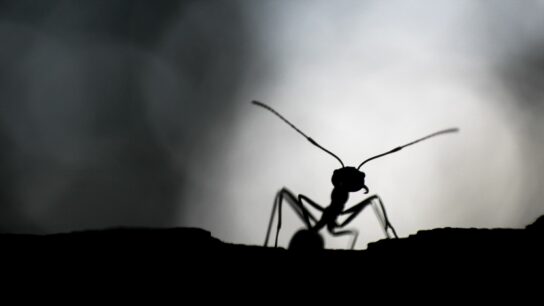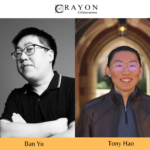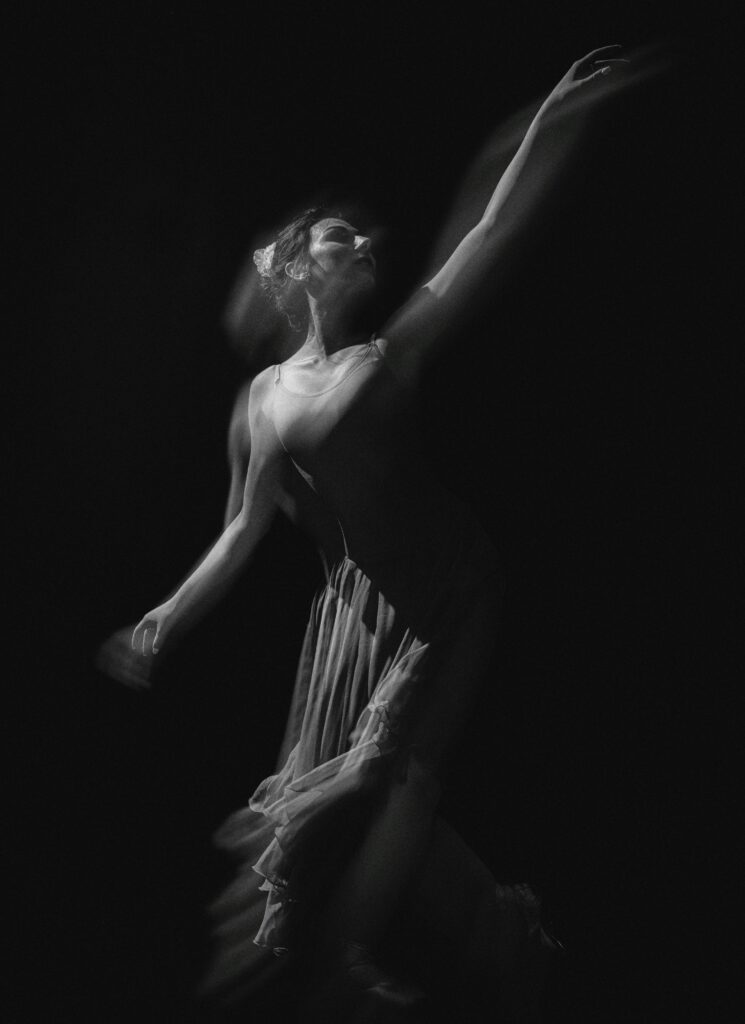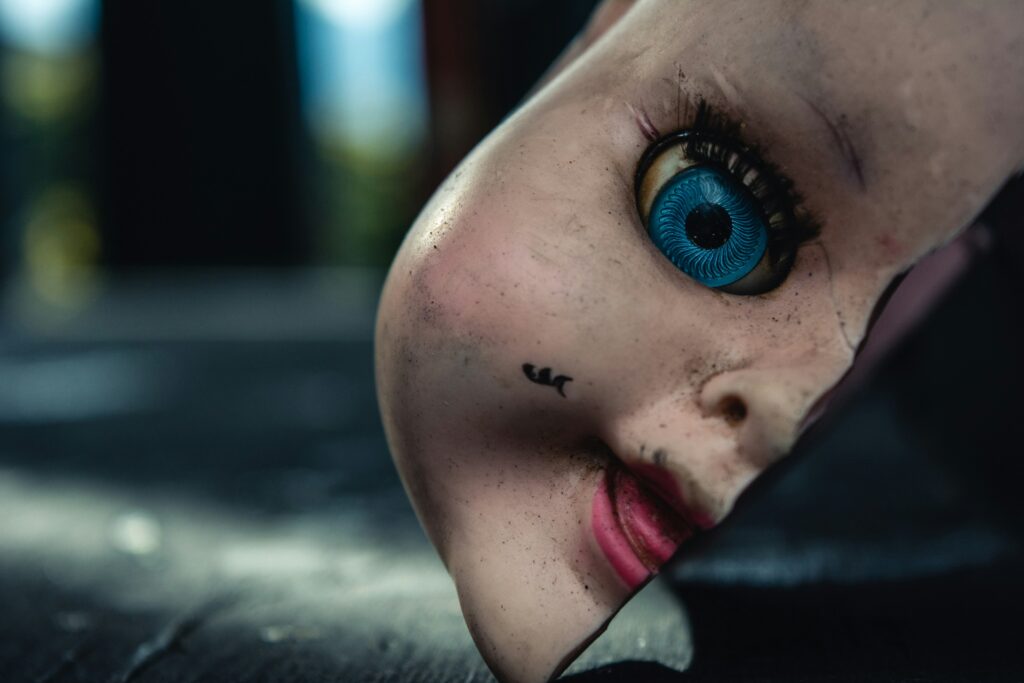The Ant-Man Part 1
Original by Ban Yu, Translated by Tony Hao , October 31, 2023
It took us a long time to make up our minds: we decided to farm some ants.
It was the fourth year of our marriage, a peaceful year, though we were a bit financially strained. At the beginning of the year, my newspaper underwent corporatization, and I had a big fight with my manager. Since then, I got to enjoy some hard-earned free time at home. My new lifestyle was manageable, all I needed to do was minimize my material needs and start writing a book, a book that I did not realize, I would never finish. My wife continued leading tourist groups for a small travel agency. She was paid modestly, and it was a difficult job with many overnight trips. But she rarely complained, it seemed that she was used to it. We had been classmates in high school. After several years apart, life brought us back together.
The travel agency offered only short trips to nearby destinations. My wife’s job was to bring her guests to tourist attractions and provide suitable commentaries. Sometimes the destination would be an abandoned farm: a few desolate cottages standing by the highway, a horse tied to a tree, gazing at the still river in the distance. The scene felt lethargic, as if everything was asleep. She would tell her guests, This place was the old home of some writer, he stayed here when he was at the lowest point of his career. Other times she would bring her guests to an uninhabited island, fabricate a past for the beach, and tell a far-fetched story that never happened: There was a powerful and proud warrior who was betrayed by a few of his people and had to escape for his life; when he passed this island, his horse became exhausted, and he was forced to stop; but his pursuers were only getting closer; when he thought he had arrived at his final moments, a tall ocean wave suddenly swept across this beach and crashed against the cliffs; then another wave, then another, and another; the waves eventually built up a shield of water, a rumbling shield that blocked the pursuers and allowed the warrior to escape; after getting some rest and regrouping his forces, the warrior successfully took revenge against his traitors and enemies, leaving his name and legacy in the annals of history.
I had heard both these stories many times. My wife would make a few small changes every time she needed to tell them to a different tour group. The writer would become a painter or a deceased musician – nobody could verify her stories anyway. As for the waves and water shield that never existed, they would be replaced with an ancient dragon, a dragon that ascended to heaven on the day of the spring equinox and plunged into the underworld on the day of the autumn equinox. The dragon would rise from the sea, perch on the shore, glare at the crowd on the beach, and divide the world into two, one for the mortals, the other for the deities, two realms that could never be transcended or unified.
When my wife went on overnight trips, I would stay up writing my novel until the next morning. I had some productive nights, but more often my efforts were fruitless. When I struggled to come up with new pages, I would inevitably start brooding over my marriage. I could tell what was happening, even if she had never uttered a word. During peak tourism seasons, hotels were usually fully-booked. To keep costs down, travel agencies always put the tour guide in the same room as the driver. Novelists often set up their stories this way – a tour guide and a driver live together in a seaside cottage. They work together, go on walks, take drugs, and fall asleep, in a place where time warps and gives rise to a separate world.
I had met the driver once. He grew up in another province. He looked much younger than me, with a high nose and slender limbs. Blue veins protruded from his arms, with faint tattoos that had blended into his tan skin. He had a handsome face, but he paid little attention to his fashion. I would be tempted to call his clothes unkempt. He was a good conversationalist, we could always find different subjects to talk about. In fact, he was the one who first brought up the idea of farming ants.
My wife and I were in bed, when she told me about his idea: Ants are farmed in cardboard boxes, so all spare spaces in our home are possible venues, from our bedroom and living room to the kitchen and the bathroom, or even on the top of the TV or the sewing machine. And ants are easy to farm, being tough animals.
My wife and I were in bed, when she told me about his idea: Ants are farmed in cardboard boxes, so all spare spaces in our home are possible venues, from our bedroom and living room to the kitchen and the bathroom, or even on the top of the TV or the sewing machine. And ants are easy to farm, being tough animals. A couple breadcrumbs and a few drops of water are enough to sustain them for a week or two. And for every batch of ants, we only need to make a down payment of ten thousand yuan. The ant company will pay us back every three months, four times in total, which adds up to thirteen thousand and five hundred. And even if something goes wrong with the ants, the company will still pay us twelve thousand. There’s no risk of losing money, and the upside is huge. The ants are in high demand because of their medical value. There’s a new ant medicine that enhances the endocrine system and stimulates the cerebral cortex – the government has already issued relevant certifications.
The day after we made the down payment, the driver showed up at our home with the boxes of ants. He looked excited, patiently guiding us through the basic steps, as if he was the owner of the ants. He walked around our home before settling into my office chair, where he gazed out of the window, carefully studied the direction of sunlight, and directed me to bring the ants into the shades. I counted six boxes in total, each containing over ten thousand ants. He continued offering me advice and said, — These ants tend to be very active. They have sharp teeth, they can bite through cardboards and escape from the boxes. You’ll always need to keep an eye on them. But it’s not the end of the world if one of them manages to sneak out. Just put it in a pill bottle with air holes, or you can even just swallow it. The taste isn’t too bad, and they’re good for your health – I can vouch for it from my experience.
After we took care of the ants, my wife began to pack and get ready for work. Today was a night departure, she and the driver needed to arrive at the destination by midnight, so that their guests could watch the sunrise over the sea. As my wife was getting dressed, I asked the driver whether the sunrise was beautiful. He replied that he never paid much attention and was always sleeping on the bus. I then asked him what the ants tasted like. He said he didn’t know how to describe the taste, — It’s a little tangy, you’ll know when you try them yourself.
Soon, my wife finished packing up. She followed the driver out of the door, dragging her suitcase as if it were a disobedient child. The engine roared loudly from downstairs as the large bus struggled to find enough room to back out. Its frame slowly navigated its way through the narrow alley, brushing against the walls, making its way towards the distant sunrise. I lay down on the couch, turned on the TV, and opened a beer. The night had arrived, my mind had yielded to the novel I had been long stuck on. Before I realized it, I had already gotten drunk. When it was ten o’clock, it suddenly downed on me – tonight, I would be falling asleep alongside tens of thousands of ants.
Stay tuned for Part 2 of this series, to be published next week!
You may also like
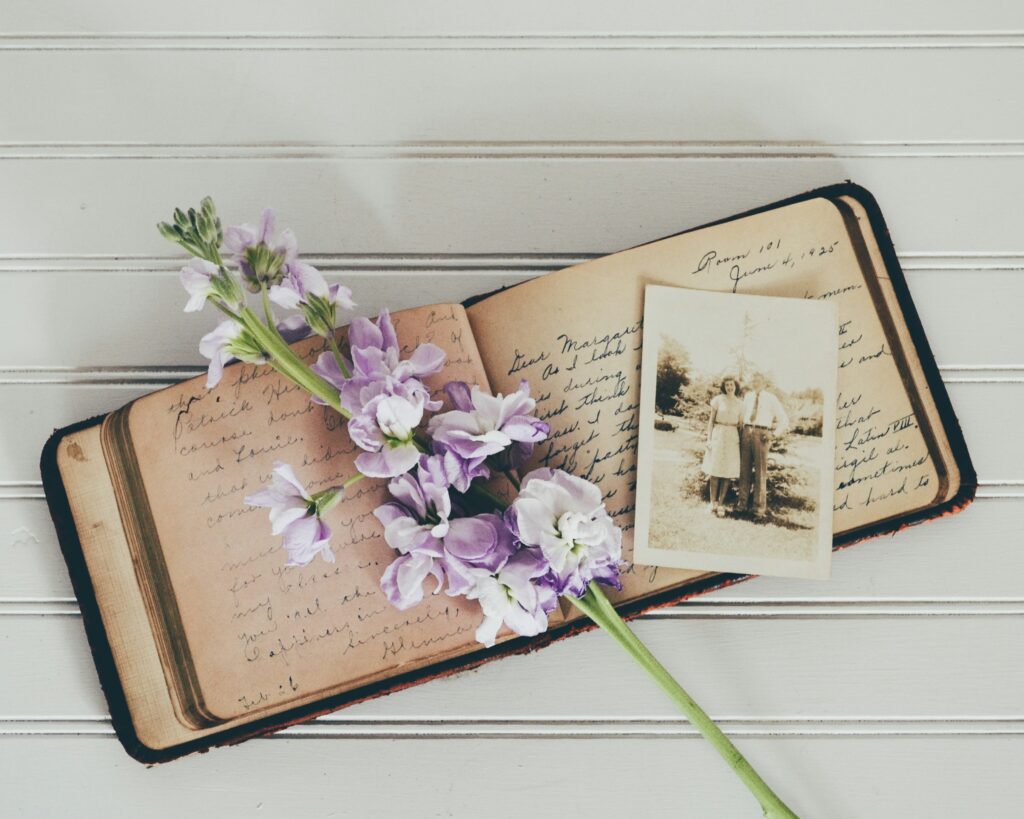
Eyes of the Beholden
Unspoken desires linger in the shadows of a teacher's life, revealed through art
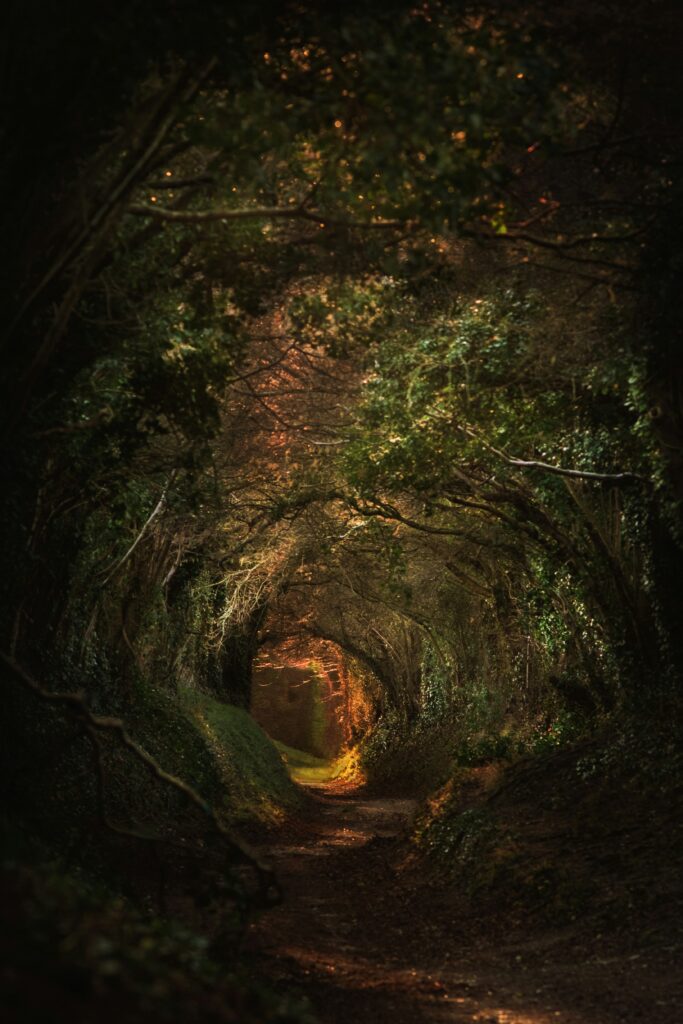
LOST
Bessie's odyssey through stormy nights, lost love, and secret graveyards unfolds with haunting beauty in "Lost" by Sandra Dennis.
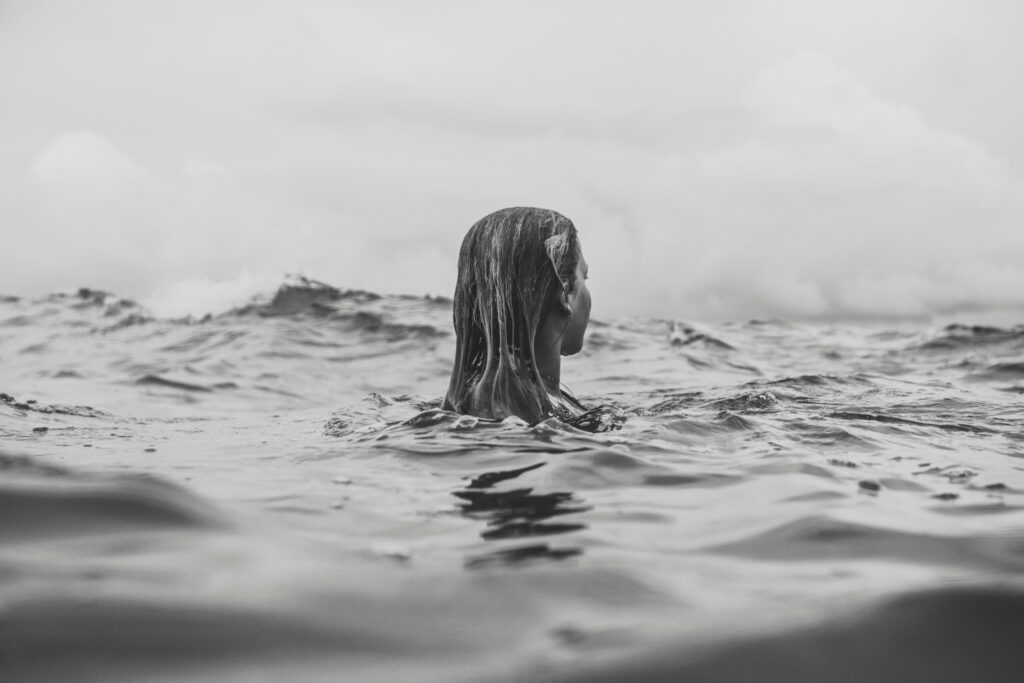
Water Rising
Amidst a flood, a woman grapples with the past, and confronts the consequences in this haunting narrative of resilience.
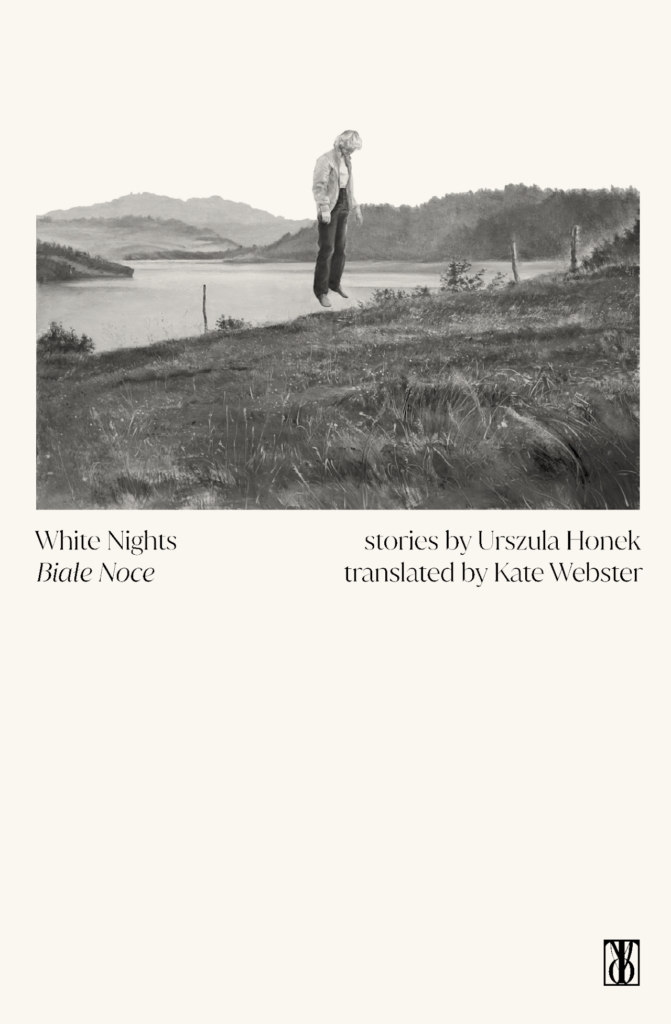
Book Review: White Nights by Urszula Honek
The debut short story from Polish writer Urszula Honek, White Nights, is akin to reading an account of a haunted place – one that is beautiful and devastating in equal
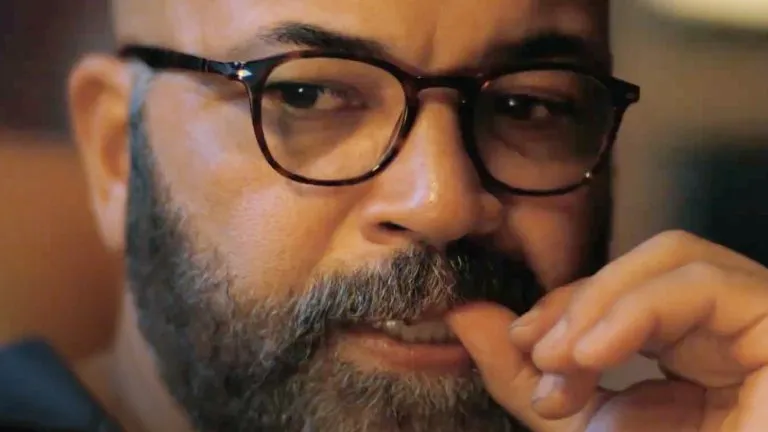
Beyond the Surface: The Multifaceted Lives of ‘American Fiction’
In essence, "American Fiction" and the experiences it draws from remind us that we are indeed more than the sum of our parts.
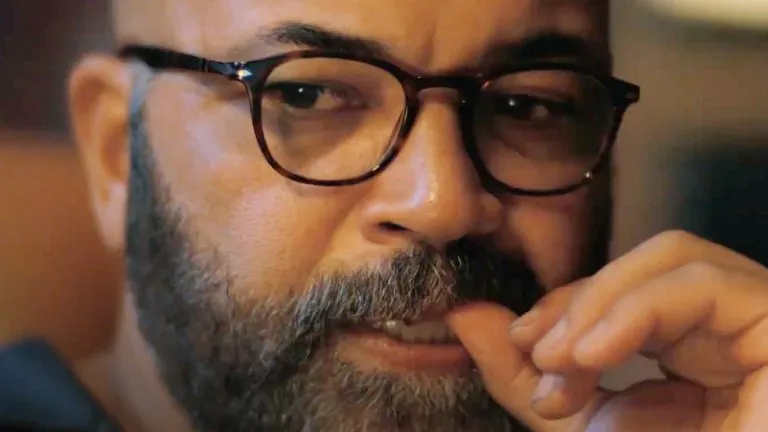
Beyond the Surface: The Multifaceted Lives of ‘American Fiction’
The narrative of “American Fiction” unfolds with a dual focus: it not only scrutinizes the unique pressures faced by Black creatives but also delves into the intricate and sometimes tense…
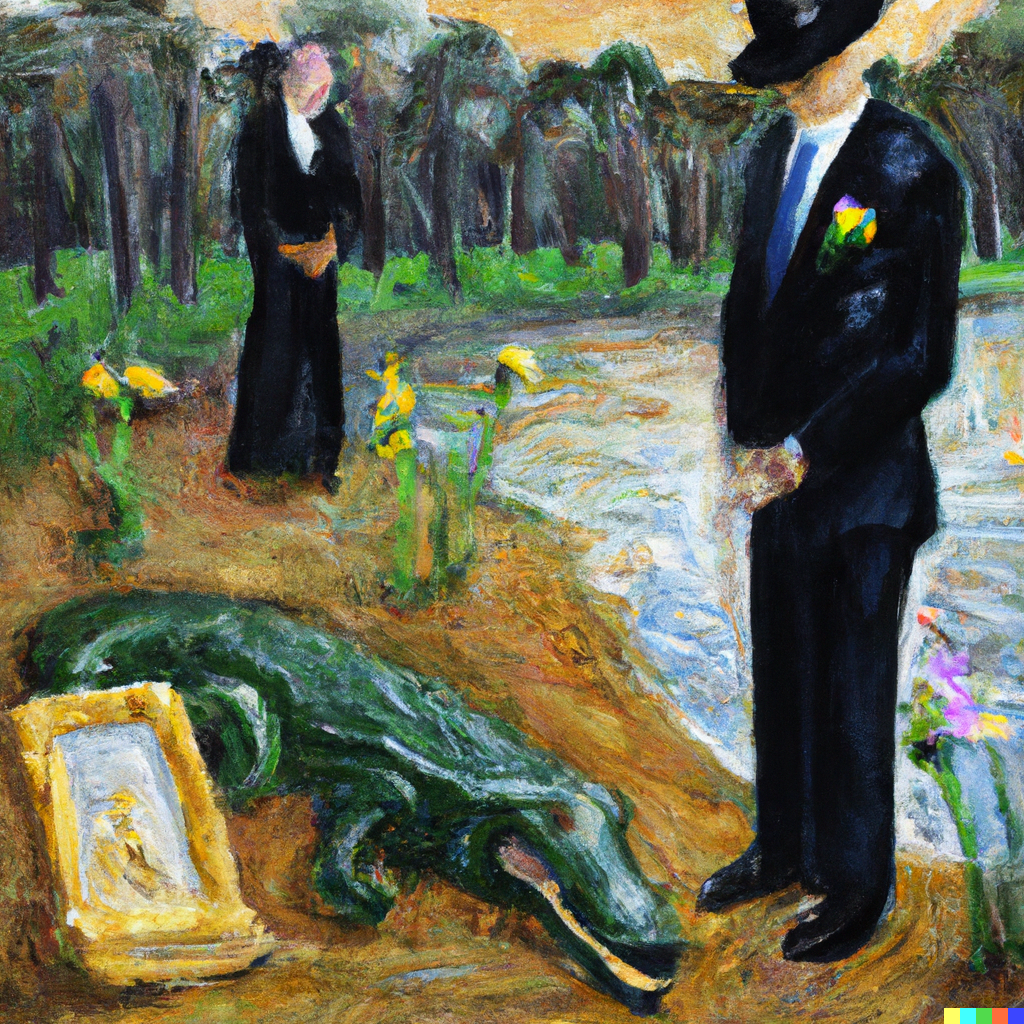
Uncle Bobby’s Funeral
Reluctant family faces the eccentricities of Uncle Bobby's funeral in swampy Chipley.




